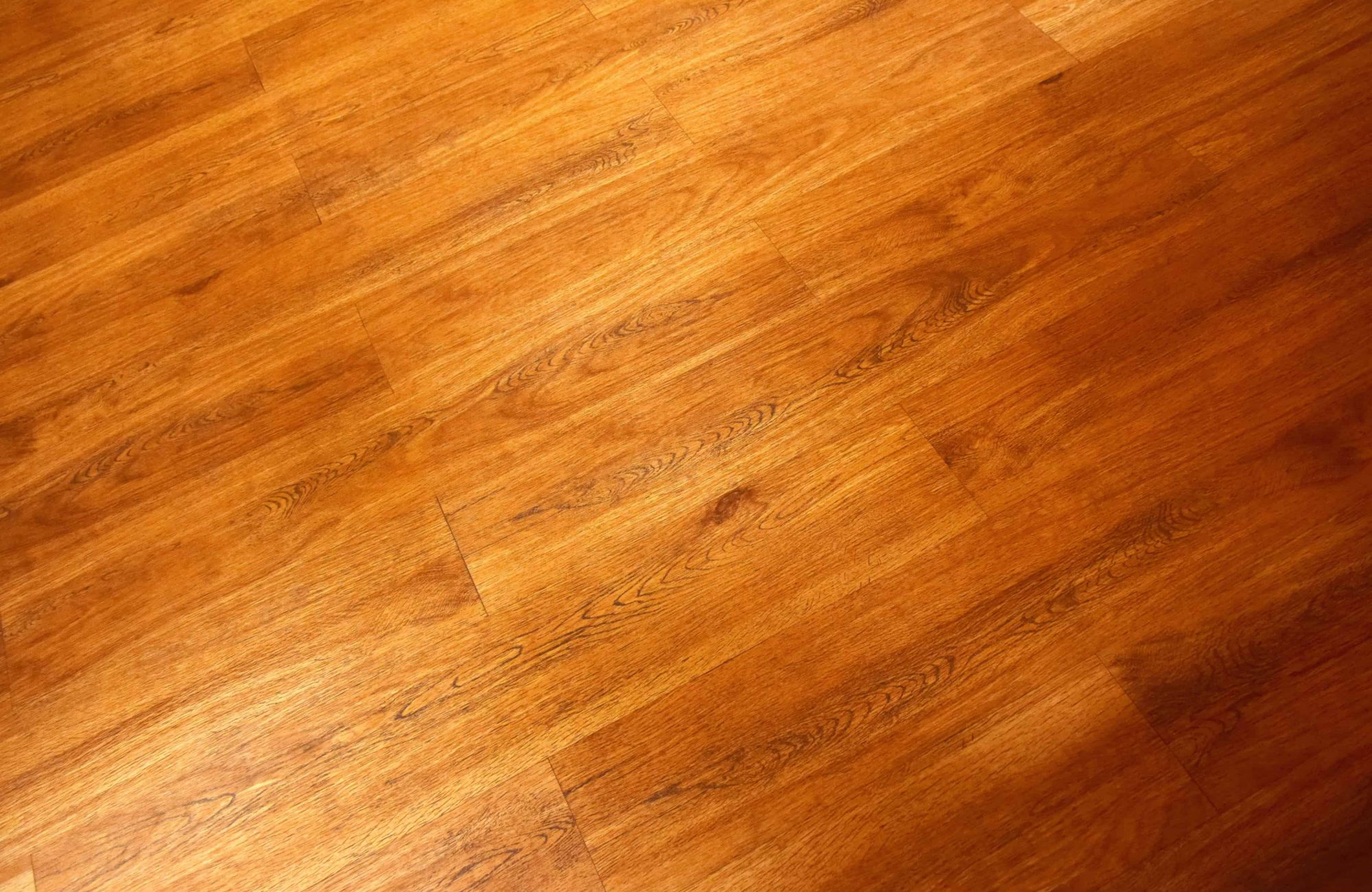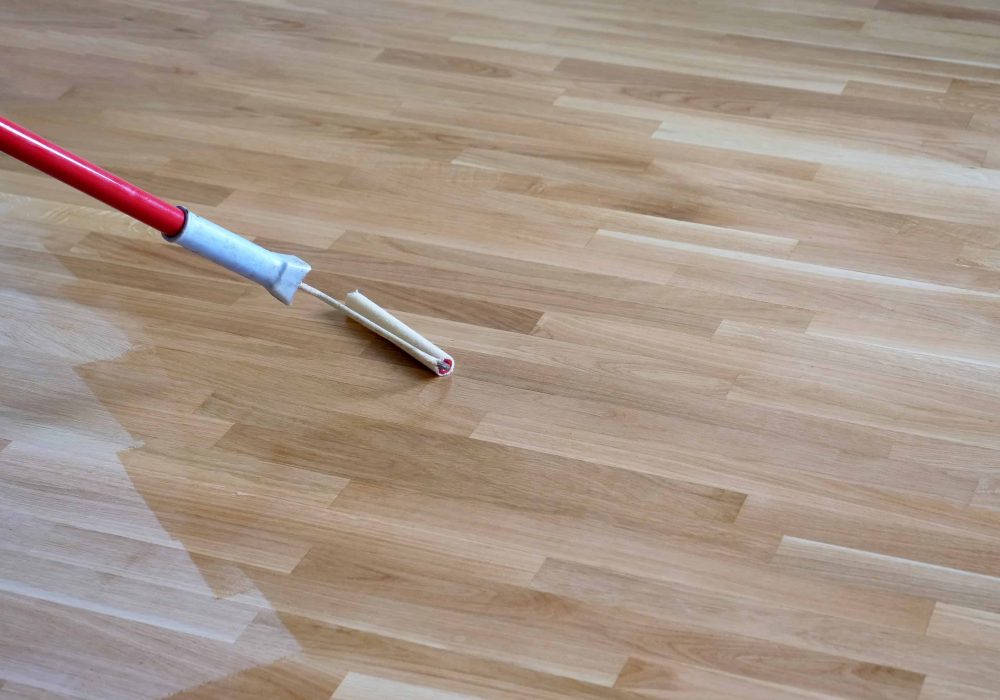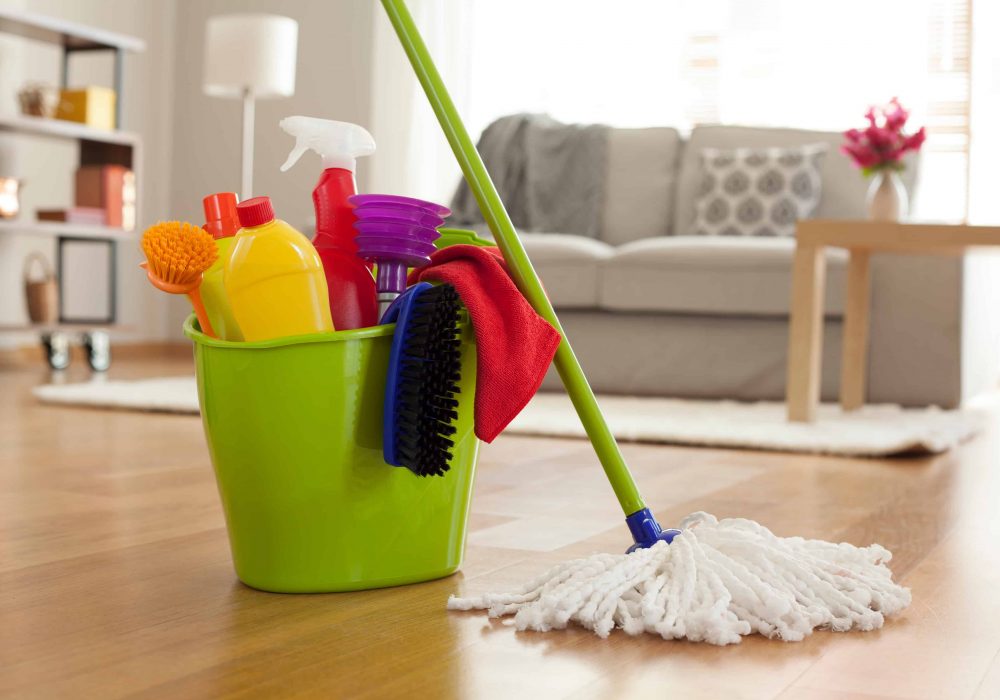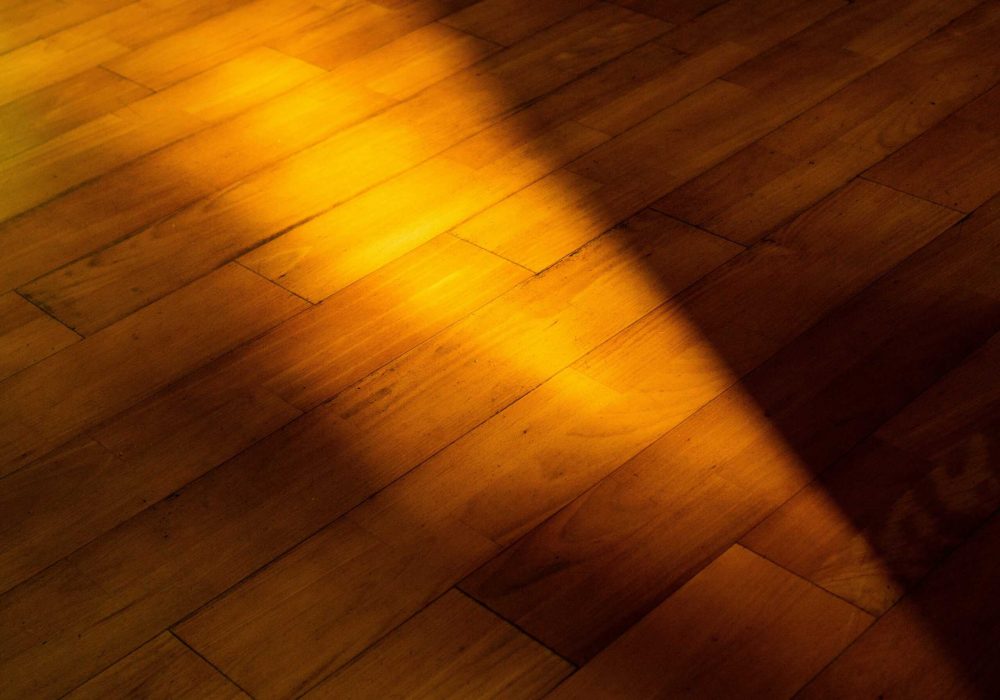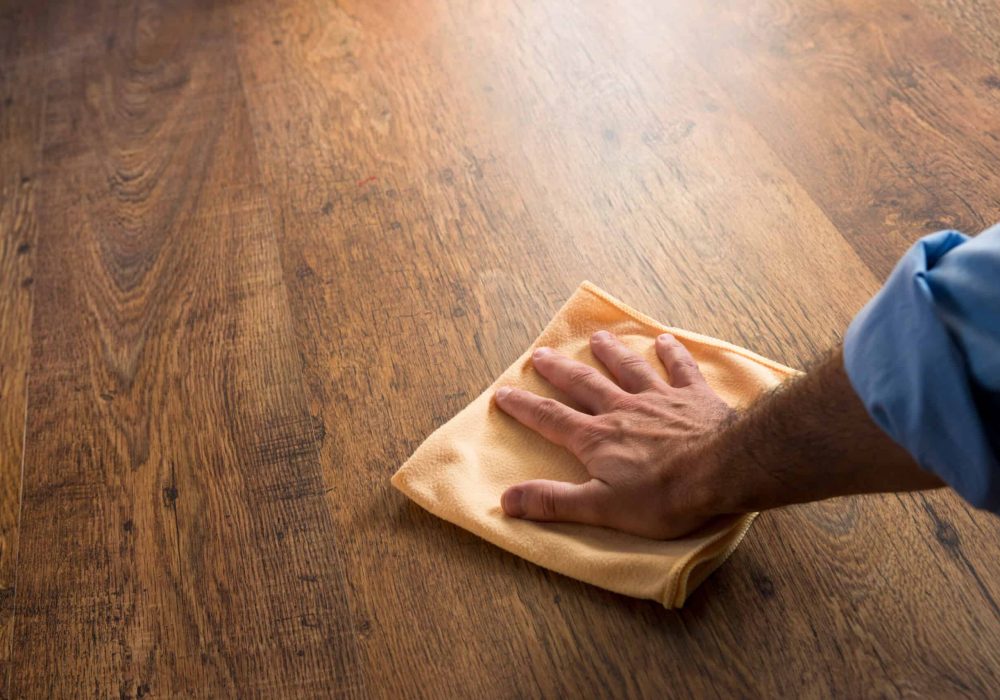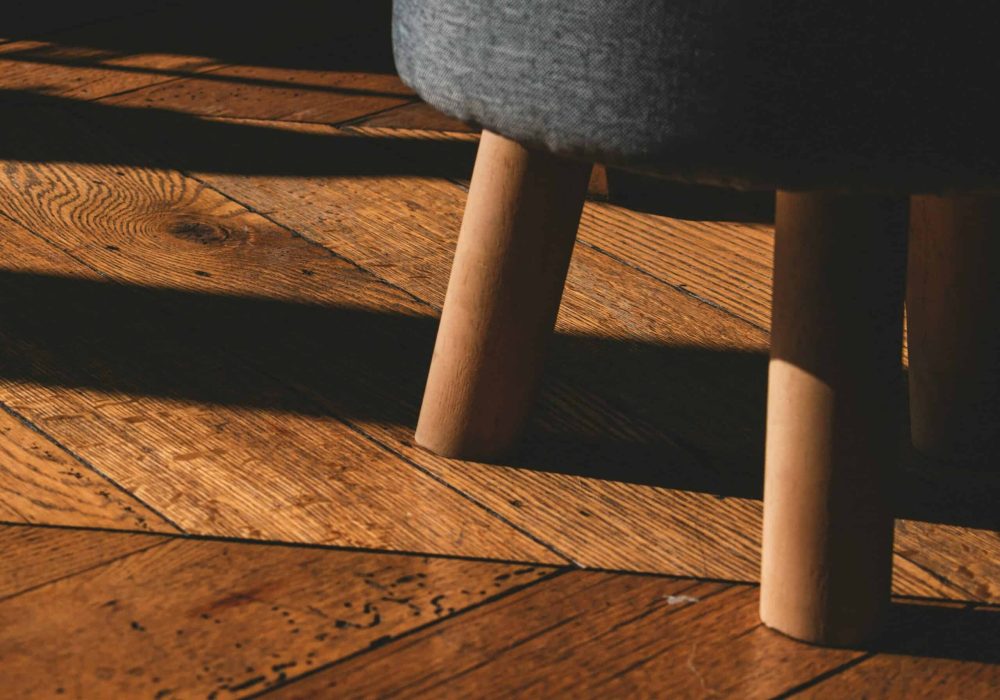Do you love making bold moves in your home decor? Are you a musician in search of creating the best acoustics in your home or practice space? Do you love pie? Well, if you answered ‘yes’ to at least one of the first two questions, cherry floors may very well be the hardwood for you. Keep reading to find out why.
What is as good in a pie as it is on the floor?
You guessed it. Cherry!
Cherry is one of the most stunning and popular hardwood choices on the market, and for good reason. That is why we are back here at Denver Dustless with a continuation of our Hardwood Varieties Blog Series. We have the full scoop on what makes cherry hardwood floors such a smart choice, along with a few pro tips on what to consider before committing to cherry.
Cherry Wood Floor Covering
Scientifically known as Prunus serotine, cherry trees have been a source of delicious fruit and beautiful wood for humans since ancient times.
Cherry wood often has a smooth look with either fine and straight or wavy and unpredictable grains. Cherry is widely known for its naturally rich, reddish state. Ranging from light pinkish tans from bordering on nearly black, cherry wood is incredibly versatile in color. Once finished, cherry wood is extremely satiny and glossy in appearance, giving it a shimmery, luxury look.
Hardwood made from cherry trees is generally medium in density and strength, and not as hard as Brazilian Walnut or Teak yet not as soft as Pine. Because of its flexibility and pliability, it is a favorite among many woodworkers.
Brazilian Cherry
Perhaps the most widely known of all cherry hardwood, Brazilian Cherry is famous for its deep, dark coloring. The tone varies more depending on whether you opt for gray toned sapwood or reddish-orange heartwood.
Brazilian cherry is decorated with tight, straight, medium to coarse grain patterns. It scores a whopping 2820 on the Janka Scale, outscoring all of its cherry cousins and making it the best cherry flooring choice for families with kids and pets (AKA households with heavy foot traffic!).
North American Cherry
Beautiful North American Cherry hardwood is typically lighter in tone and features less variation in coloration than some other cherry wood. North American cherry sapwood is paler and distinctly pinker in tone whereas cherry heartwood is more dark and brown in color.
This type of cherry wood has a unique wavy grain, appealing to an eye that appreciates character. North American cherry is significantly less dense, rating only 950 on the Janka Scale. However, it remains a durable and lovely fit for anyone looking for the quality of cherry wood without the dark tones.
Advantages of Cherry
Excellent Acoustics – Cherry wood has famously amazing acoustics, making it a superb choice for musicians, at-home singers, and avid movie watchers. Cherry wood is even used to make musical instruments like flutes because it conducts sound so beautifully.
Easy on Allergies – As with all hardwoods, cherry wood does not trap dust and dirt like carpet and is easy to keep fresh and clean, which could mean less allergy symptoms for you and your family.
Good Shock Resistance – Cherry hardwood floors can take a punch! They are intensely dense and durable, so you don’t have to worry about your gorgeous floors getting trashed by playful kids or rowdy pets.
Gorgeous Tone Options – The tones that cherry wood has to offer are truly unique. From deep and dark to light and bright, cherry wood is wildly versatile. In fact, boards from one cherry tree can be different in color. The result? Striking floors!
Flawless Finish – Once finished, cherry hardwood has an ultra-sleek, rich reputation. Finished cherry wood is smooth, glossy, and oh-so-easy on the eyes.
Pest & Fungus Resistant – As with any investment, you want to make sure it’s protected. Hardwoods like cherry are resistant to rot and damage from pests, ensuring that you can enjoy your floors for decades to come.
Disadvantages of Cherry
Hard to Match – Some homeowners shy away from cherry hardwood, unwilling to commit to its vibrant coloring. If you are looking for a floor that can match with anything, cherry may not be the flooring material for you.
Too Gloomy – Since cherry naturally darkens slightly with age, some homeowners fear losing the light and bright aesthetic of their home. Still, some cherry woods offer a light tone and may be chosen if you like cherry but are concerned about your house being too dark.
Does Not Stain as Well – The grain of cherry wood does not always take well to floor stain. That being said, many homeowners who stain their non-cherry hardwood floors try to evoke the reddish look of cherry. That won’t be necessary when you have the unbeatable real deal cherry hardwood floors. All you have to do is let their natural beauty shine!
Price Range of Cherry Flooring
Hardwood flooring prices vary greatly depending on the origins and availability of the wood itself. Typically, domestic woods, including domestically-sourced cherry woods, are less expensive than imported woods.
Since cherry wood is more highly available, it is less expensive than walnut or mahogany but more expensive than oak, walnut and pine.
Denver Dustless cherry hardwood flooring is always top-notch quality and fairly priced, making it a smart and stunning investment.
Origins and Sustainability of Cherry Hardwood
Originating from the United States, Mexico, Brazil, Argentina, the Caribbean and elsewhere, cherry wood is heavily used for flooring and furniture throughout America. Harvested from one of nation’s favorite fruit tree, cherry wood is as sweet to the eye as cherries are in a pie.
Cherry trees can mature in less than two decades and have been recorded to keep growing for up to 250 years. They typically grow up to 50-80 feet tall but can reach heights of 100 feet with up to a 4 foot diameter.
Since the majority of cherry wood is domestically sourced, the wood does not typically have to be transported far from where it is harvested to where it is processed into boards. The process is more eco-friendly when compared to imported woods or woods sourced from faraway and must be shipped from long distances.
Grown in orchards, cherry trees are good alternative to exotic, rainforest trees which are sometimes harvested at the cost of vulnerable ecosystems. If rainforest preservation plays into your flooring decision, cherry wood might be a good option for you.
As with all hardwood, cherry wood is fully biodegradable and recyclable, making it an environmentally friendly choice, especially when contrasted with flooring alternatives such as carpet or linoleum.
Finding the Cherry Floor for You
Here at Denver Dustless, we have a huge selection of gorgeous cherry wood flooring choices. Come down to our Hardwood Flooring Showroom and see for yourself how fabulous your future floor could be. We will be happy to answer any questions you may have and guide you to the perfect hardwood for your home.
Stay tuned for our next edition in the Hardwood Varieties Blog Series!

